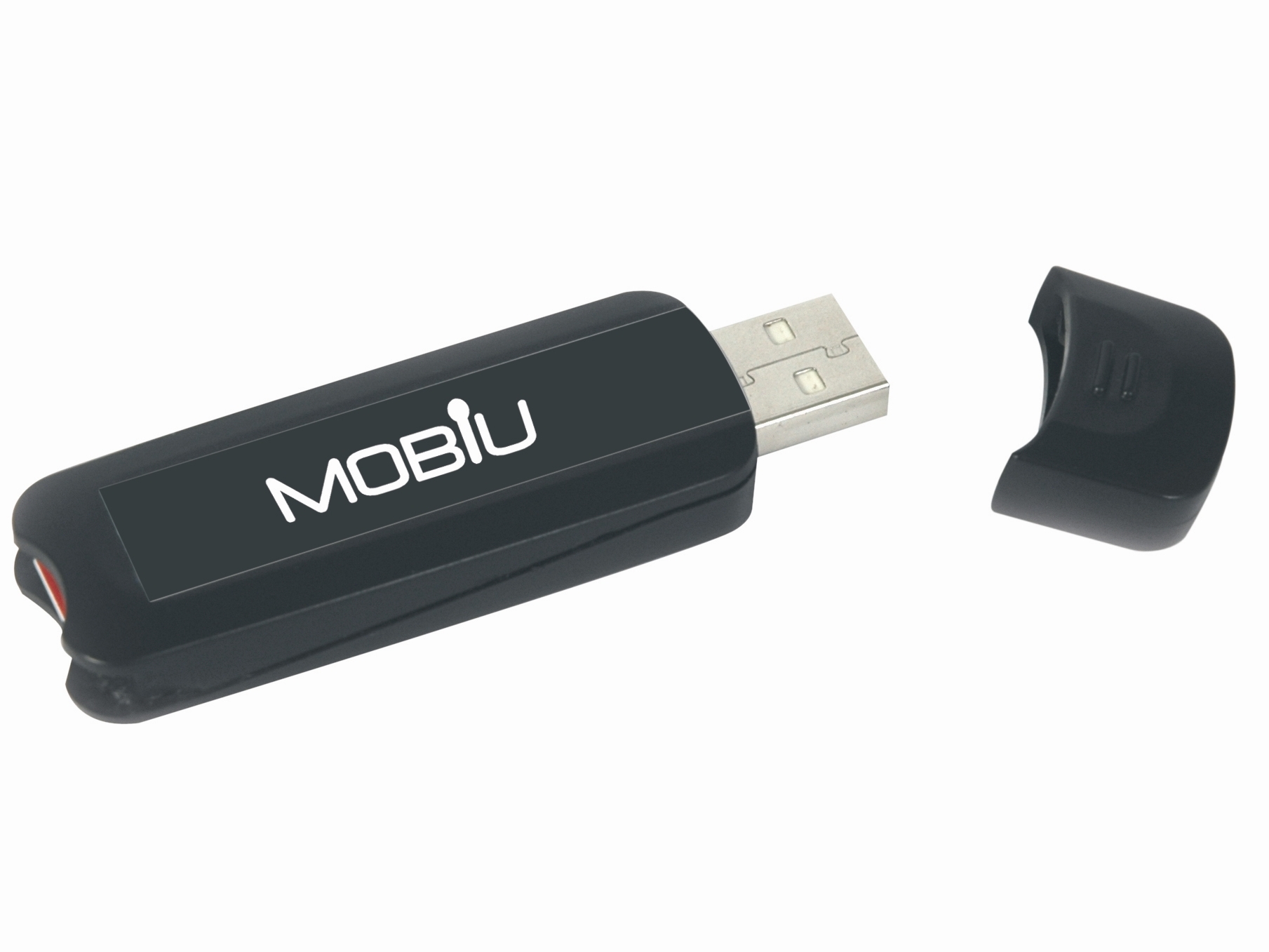Is it time for memory sticks that forget?
Opinion: This message will self-destruct in 5 seconds

How many memory sticks need to be dropped in a nightclub or misplaced at the office or
or
or
before we stop putting confidential data on them?
Sign up for breaking news, reviews, opinion, top tech deals, and more.
Probably a lot more. "Ah if only these people would just encrypt their data!" we cry. But password-protected encryption isn't the right tool for this kind of casual storage. Encryption is simultaneously vulnerable from geniuses and idiots. Geniuses will figure out ways to crack your code. Idiots are the ones who write their password on a post-it note for everyone to see. The harder you try to keep geniuses out, the more you encourage the idiots.
And encryption is all about protecting something precious. The data on a memory stick usually isn't precious - it's just a temporary copy of data on a desktop PC. It's confidential, but that's not the same thing at all. If the data could be destroyed before it fell into the wrong hands, that would actually be a much better solution than giving those wrong hands an encrypted version that they can hack at their leisure.
So, instead of Flash RAM, which is non-volatile, why not use CMOS RAM, powered by a capacitor? The charge in the capacitor could be tuned to keep the data safe for whatever interval was necessary to transfer the data. After that, the power trickles away and with it, the data. This would be enough to hugely reduce the window of vulnerability for a lost device and for most applications, that would be protection enough. For higher security information, you could use password protection as well and now the hacker would have just minutes or hours to find the right password instead of days or weeks.
My 'Amnesia Sticks' are available in 10-minute, 1-hour, 4-hour and 24-hour versions and there is also a deluxe model that allows you to set the precise expiry delay through software, at the time the data is written.